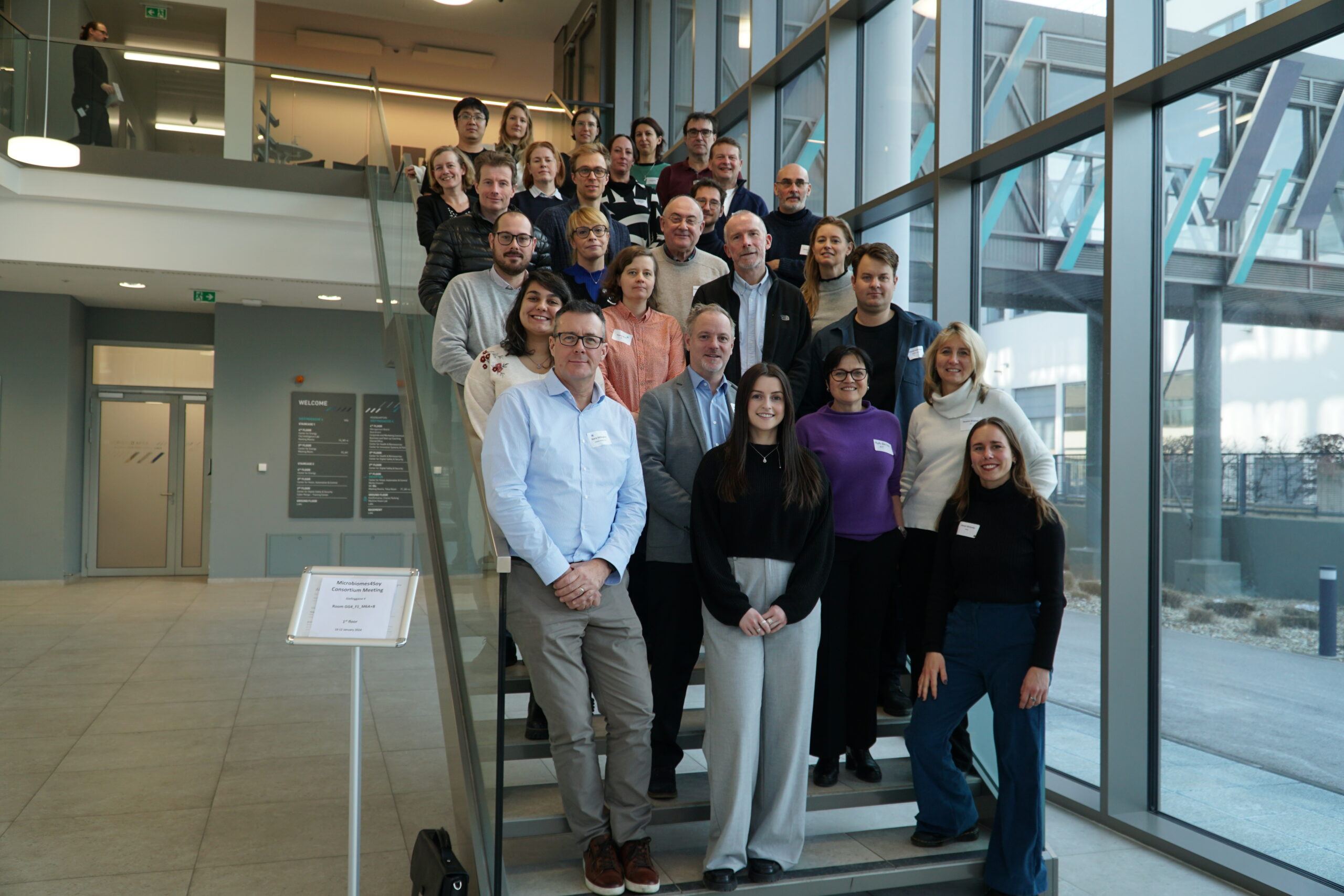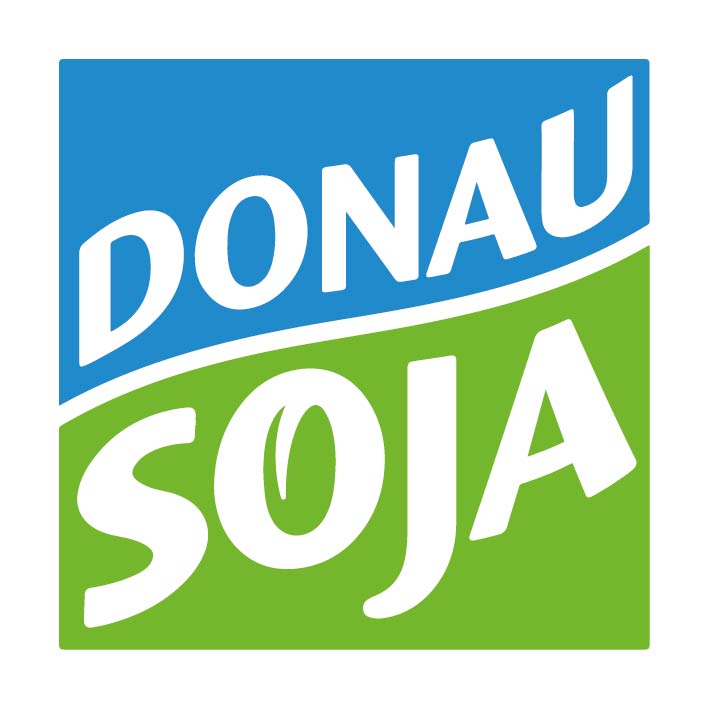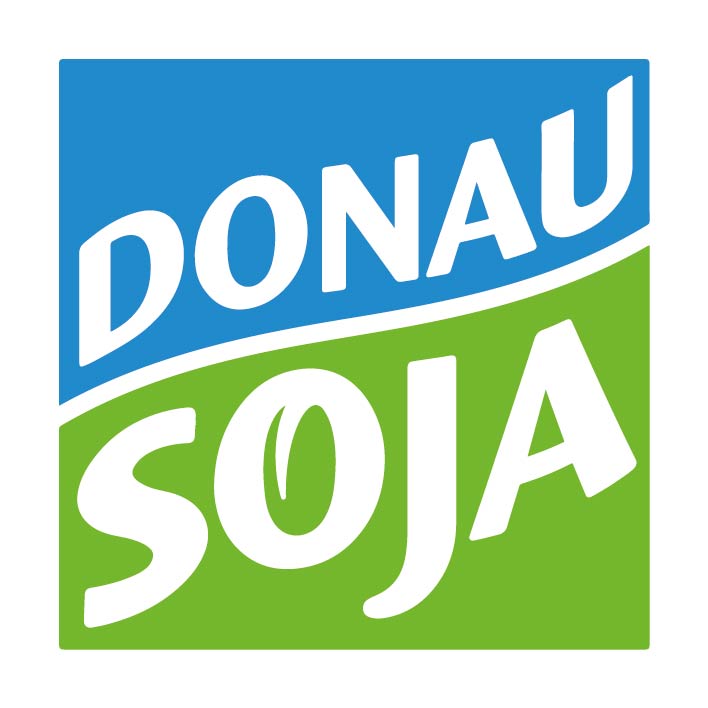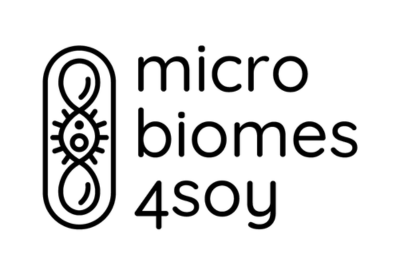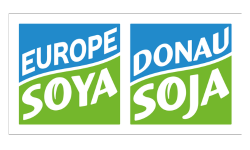MICROBIOMES4SOY
Healthier diets and sustainable food and feed systems through employing microbiomes for soya production and further use
The project aims to improve the environmental impact of soybean production, explore the effects of soybean consumption on the human gut microbiome and contribute to the development of novel fish feeds for the aquaculture sector. Through a Multi-Actor Approach, the project will develop transition pathways that are ready to answer food system actors’ needs and deliver co-benefits relevant to the FOOD 2030 priorities.
Project consortium
This project is coordinated by AIT Austrian Institute of Technology and involves 17 partners from 10 countries, including top universities, research centers, non-profit organizations, and the private sector.
The partners are:
What is MICROBIOMES4SOY?
MICROBIOMES4SOY aims to improve the soybean-based food system through a multi-stakeholder approach by using microbiome innovations to improve the primary production and nutritional value of soybean seeds, develop novel aquafeeds and assess the impact of protein dietary patterns on the human microbiome. The project will also create transition pathways that meet the needs of food system actors and align with the priorities of FOOD 2030.
Exploiting the microbiomes’ full potential is essential to ensure sustainable and nutritious food and feed as they are important players throughout the food system, ranging from primary production, where microbes improve plant growth and health, to food production based on microbial processes and ultimately linking to the interactions between animal/human microbiomes and host health. MICROBIOMES4SOY focuses on the soya bean model system, an important protein-rich crop with high protein content, ideal amino acid composition and increasing non-GM cultivation in Europe.
Project duration: January 2024 – December 2028
For more information, please follow this link.
Acknowledgements
This project has received funding from the European Union’s Horizon Europe research and innovation programme under grant agreement No 101083671.

